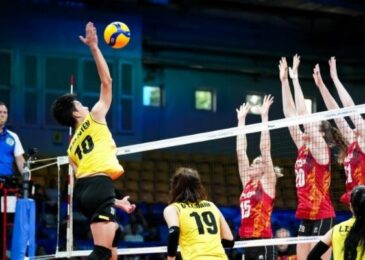Each fall, as high school and junior volleyball clubs begin their training, there is a trend that persists despite advancements in the science of the sport. Well-intentioned coaches, many trained in the field, continue to teach their athletes in the same way they were once coached. This disregard for the research conducted in disciplines like biomechanics and motor learning hinders the development of players’ game learning, creativity, and leadership skills.
Coaches often prioritize their own control, resulting in excessive ball banging and barking instructions. This coach-centric approach contradicts the practices of other sports like soccer, basketball, and football, where coaches do not engage in the drills or skills themselves. Surprisingly, research shows that many training exercises in volleyball allow coaches to have up to 12 times more contacts per hour than individual players. This tradition impedes the players’ learning process as coaches control the reading and key skills in practice, despite not being able to touch a single ball in a game and playing at a far different level than their athletes.
Bạn đang xem: We Coach the Way We Were Coached
Xem thêm : Erin Virtue: A Key Figure in Women’s National Volleyball
In this article, we will reflect upon these observations and explore ways to improve coaching methods. By understanding the importance of embracing new approaches and techniques, coaches can help their players progress more efficiently. Now, let’s dive into the thought-provoking questions that challenge our traditional coaching practices and inspire us to evolve.
Nguồn: https://alpinetgheep.com
Danh mục: Volleyball


